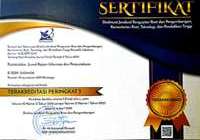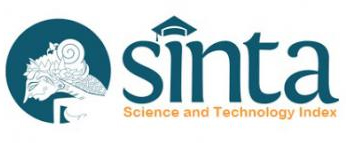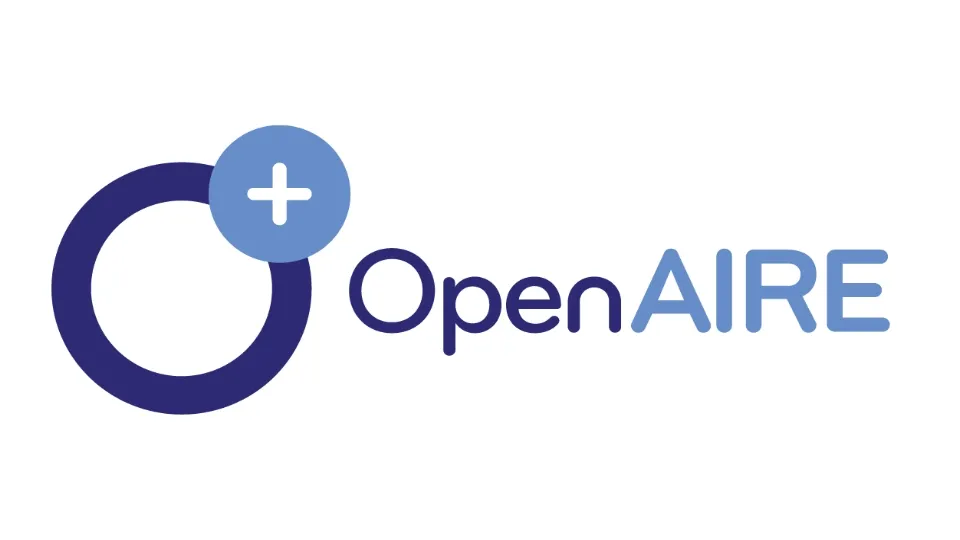Korelasi Minat Baca Pustakawan Terhadap Kemajuan Perpustakaan Universitas Negeri Sunan Kalijaga Yogyakarta
DOI:
https://doi.org/10.21154/pustakaloka.v9i1.918Keywords:
reading interest, librariansAbstract
Reading has proven to be an important activity for human being. Hence, a librarian, as an information provider, should have a good reading interest. The research was aimed to examine the correlation between librarians reading interest and the development of Sunan Kalijaga Islamic State University library. The research is of a quantitative one, using the librarians reading interest as an independent variable and the development of the library as a dependent one. The result of the research shows that there is a significant effect of the librarians reading interest toward the development of the university library. The result gives a quite high value of the librarians reading interest and the library development variable by a grand mean of 2,96 and 3.03 consecutively. The simple linear regression experiment using linear regression coefficient provides that Y=29,811 + 0,562X. The constant 29,811 means that if there is no increase in the librarians reading interest, the library development value is 29,811. While regression coefficient 0.562 provides that each increase of the librarians reading interest raises the library development value by 0.562. The research puts recommendation that each librarian should be provided time to read book every dayDownloads
Published
Issue
Section
License
Requirements to be met by the author as follows:
- Author storing copyright and grant the journal right of first publication manuscripts simultaneously with licensed under the Creative Commons Attribution License that allows others to share the work with a statement of the work's authorship and initial publication in this journal.
Authors can enter into the preparation of additional contractual separately for non-exclusive distribution of a rich version of the journal issue (eg: post it to an institutional repository or publish it in a book), with the recognition of initial publication in this journal.
Authors are allowed and encouraged to post their work online (eg, in institutional repositories or on their website) prior to and during the submission process, because it can lead to productive exchanges, as well as citations earlier and more severe than published works. (see The Effect of Open Access).















